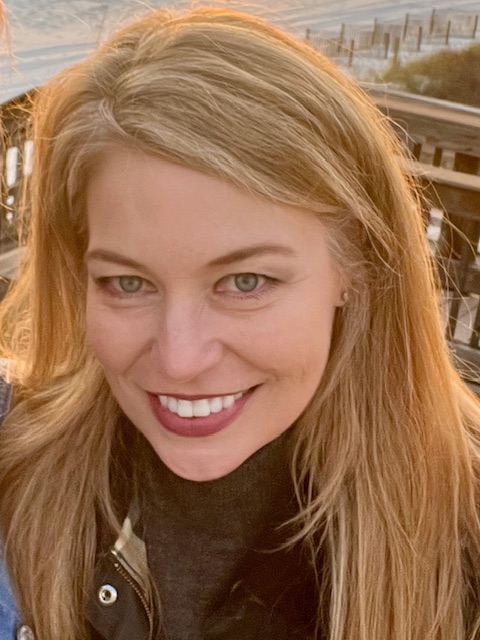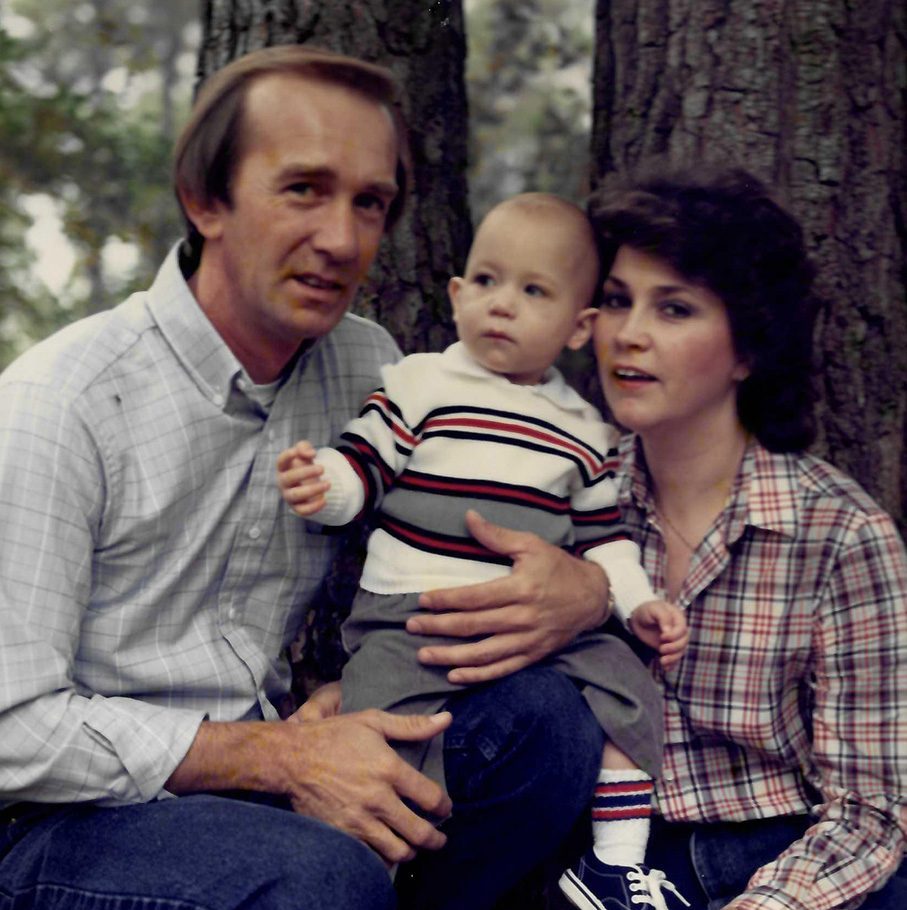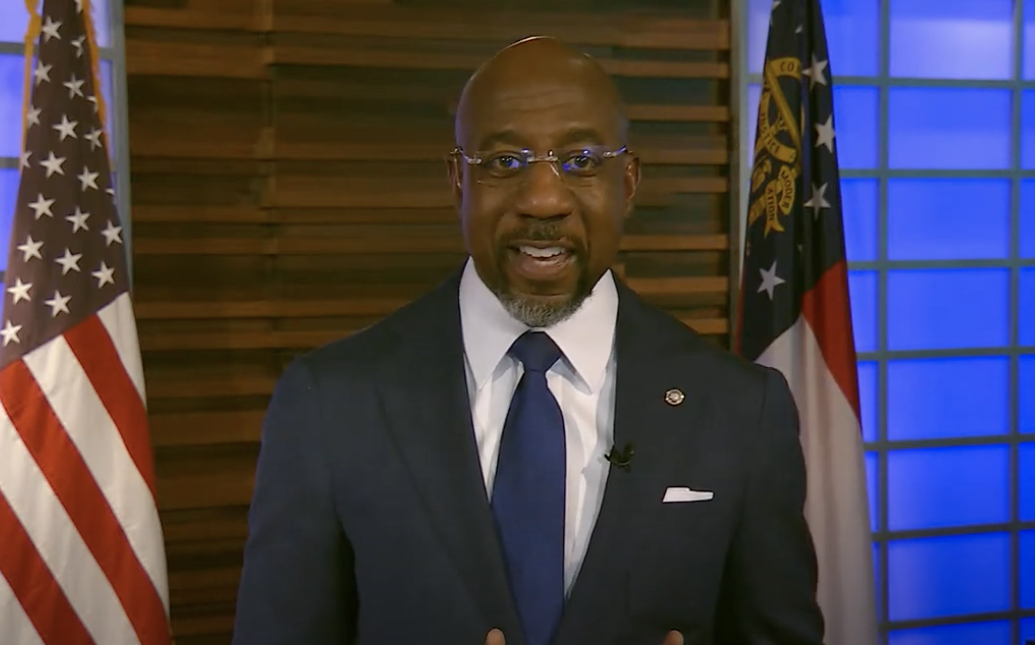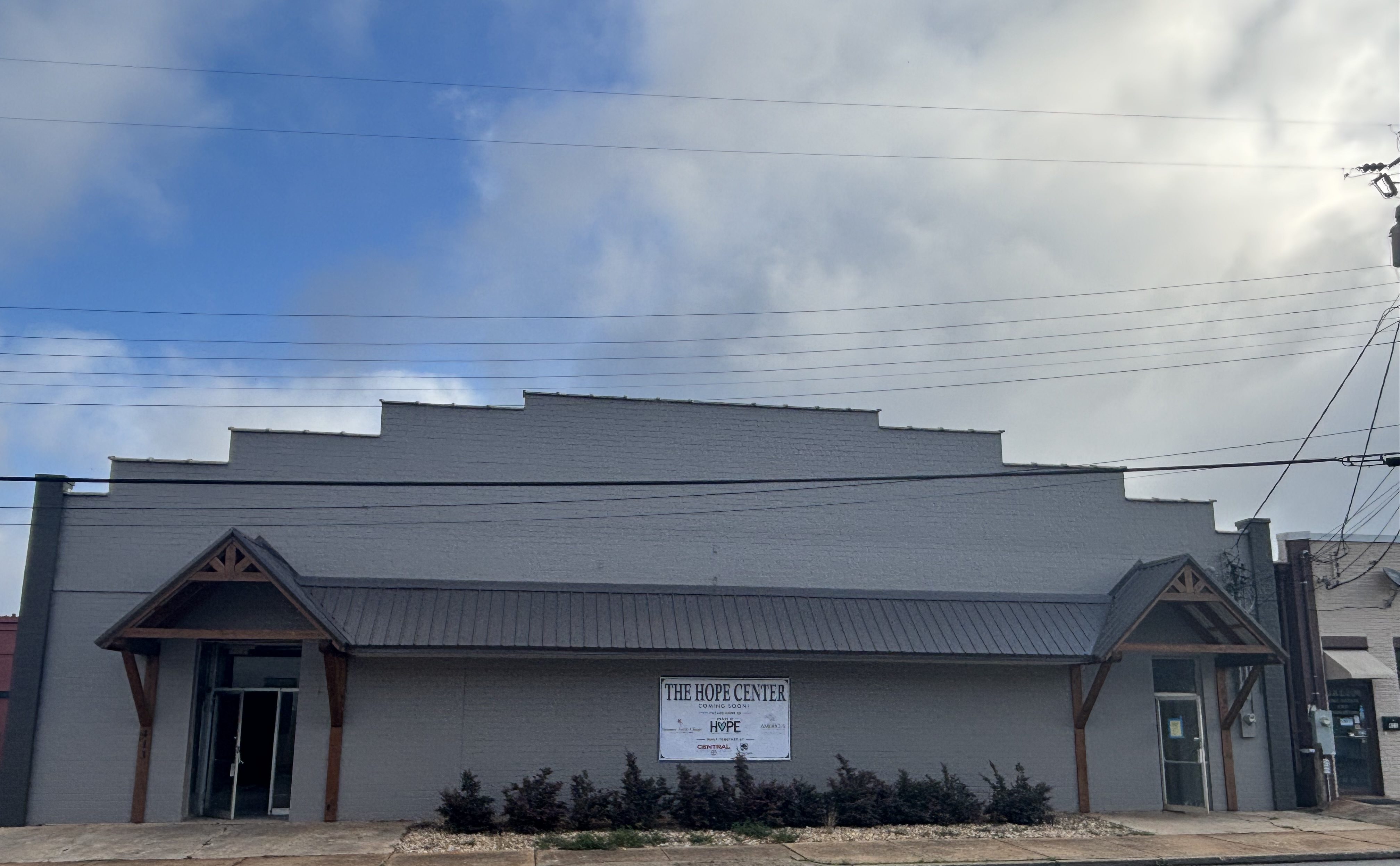Juvenile Court Judge Lisa Coogle Jones: promotes families for 25 Years
Published 5:43 pm Thursday, June 26, 2025

- Juvenile Court Judge Lisa Coogle Jones.
One person can make an incredible difference just by saying yes. Yes means risk. Yes requires faith that a power greater than us has a plan. Yes takes courage. Lisa Jones has just begun her 25th year of service as the Juvenile Court Judge for the Southwestern Judicial Circuit.
In 2000, the Georgia State Legislature enacted a state law providing grant funding for a juvenile court judge for every judicial circuit in Georgia. The law was a response to an identified lack of financial and judicial resources, especially in rural areas of Georgia, and an effort to better serve children and their families. Prior to that time, the circuit’s Superior Court Judges heard all juvenile court cases in addition to their Superior Court duties. Lisa Jones was appointed by the Superior Court Judges of the Southwestern Judicial Circuit: Chief Judge R. Rucker Smith, Judge George M. Peagler, Jr. and the late Judge John Harper. She began her first term on March 1, 2001 and continues to serve in that capacity.
Since 2001 the children in our Circuit have benefited from much-needed services and have a louder voice. The SOWEGA Court Appointed Special Advocates (CASA) Program was developed so that each foster child in the Circuit has a volunteer advocate, as well as their own separate attorney. Volunteers from the community monitor the care our foster children receive through the Judicial Citizens Panel Review Program. We also now have a Child Advocacy Center which was dreamed of years ago by Judge Jones, and a Truancy Prevention Program which has greatly increased the Circuit’s school attendance rates. All of these programs were Judge Jones’ idea, and she made them happen. CASA, for example, started out with a state grant of only $15,000.00 per year and a few people from the community brain-storming along with retired DFACS representative, Patsy Brunson, volunteering to serve as a director. “Our CASA now serves foster children in 17 counties and is a model program for the state,” says Jones.
This dedicated Juvenile Court system, utilizing these programs, has enabled foster children to be reunified with their families or have another permanency option much more quickly and safely than ever before. It has also added an extra layer of protection to ensure the safety of our children while in the custody of DFACS, and created a more accountable and transparent system. These programs, which are funded mostly by grants would not be possible without the services of devoted and highly trained volunteers. Many outside the Circuit thought that the development of such a system of programs would not be possible given the large geographical area of our Circuit and lack of financial resources, but Judge Jones refused to allow her dreams to be derailed by the doubts of others. She tackled one project at a time and consequentially has made a difference.
But before Lisa Jones was a Judge, she was a kid from Oglethorpe. A lot of people would have to make a lot of good choices before they could be shaped into the person she would become. “My mother was an interior designer and my father continues to be in the timber business. My parents made it clear that a good education and strong faith were important.” The oldest of three, she and her siblings attended Southland Academy, where she graduated with honors in 1987.
When asked if she had always wanted to be a lawyer, Jones said “Oglethorpe is a small town, and we were allowed to pretty much have free rein when we were kids. My dad’s office was across the street from the Macon County Courthouse, and one of my close friends was the Sheriff’s son. He lived with his family at the sheriff’s office which was also the jail. I know that is hard to imagine because life is a lot different now, but he and my sister and I would run in and out of the Courthouse, and I was always intrigued by the Courtroom. I had no idea that one day I would be a lawyer and judge in that courtroom.”
After high school, Jones attended Florida State University. “I was so painfully shy. My dad suggested that I join a sorority as I didn’t know anyone at FSU. I participated in Sorority Rush and pledged the ΔΔΔ (Delta, Delta, Delta) sorority because the girls were nice to me. I started out majoring in pre-med, but quickly realized that science was not my cup of tea. My advisor suggested that I visit the career center. I took an aptitude test and it showed that I was perfectly suited to law. So I changed my major to Communication with an emphasis on pre-law. I applied to Mercer for law school because it was close to home. I knew then that I wanted to work with children and even put on my Law School Application that I wanted to be an adoption attorney. I loved Mercer and made some really close friends that are still my friends today. After law school, I mainly did civil work and eventually had the opportunity to become an Assistant District Attorney here in Americus for District Attorney, John Parks. In the DA’s office, although we all did everything, I mainly focused on crimes against women and children.”
Upon the 2000 funding for juvenile judges throughout the state, “I was one of 16 applicants for the position in this Circuit” says Jones “and probably the most nervous.” But there was no template for the newly created judicial position. The new judges, especially in rural circuits, were met with a staggering lack of resources, lack of personnel and lack of programs. Jones stepped into the daunting task of creating a Juvenile Court System for six counties virtually from scratch. “The Juvenile Court did not even have a clerk to file and secure records.” However, Chief Judge R. Rucker Smith secured a building across from the old courthouse to house the Juvenile Court, and Judge Jones was able to get a grant for computers and furniture. She then approached all of the county commissions in the six counties to secure a Circuit-wide clerk. Gradually, the pieces came together.
“Sumter County is the hub and host county for the Circuit, and I travel to Lee, Macon, Schley, Stewart and Webster Counties for court. My role as a judge is to establish accountability, keep communities safe and promote families. Many parents are accustomed to dealing with DFACS, but they need to understand that once they are in court, they are subject to the Court’s order. I think we have come a long way since I came on the bench 25 years ago, but I think we still have a long way to go. I consider this work to be a blessing. The best part of my job is when we get to put a family back together again. We all work so hard as a system to accomplish this. Unfortunately, we do not get to put those families back together as much as we like, so when you see a parent who has completed a reunification plan and solved the issues that were the reasons that their children were put into foster care and that family is put back together, it’s worth the bad days that we have in order to get there.”
“A few years ago I read The Art of Racing In The Rain, by Garth Stein. It was also made into a movie. There’s this quote that is mentioned throughout the book: ‘That which you manifest is before you.’ Which really made me think about what I do and the people I deal with every day. We all possess our own future and our own destiny. I try to explain this to children and their families. The outcome most often of your situation…of your case is what you make it. Largely in life, whatever your successes or failures are, they are of our own making. So when people say ‘when will I get my children back or how long will I be in restrictive custody’ I say that’s up to you. We are all in charge of our own destiny, it may not feel like we are because sometimes things get really bad before they get better.”
Jones loves her children and community, and this is a large part of her motivation. “This has been such a wonderful community to raise my daughters in. We are blessed to have such great friends and a family of faith. One of my daughters is in law school. The other, who is married, recently made me a grandmother. She has a master’s degree but is a stay-at-home mother at present. Being a grandparent is the most wonderful thing. Children have such innocence in her eyes, and they truly are what we and God make them. I want my children and grandchildren to be able to do whatever they want in life and know that everything is possible with God. Just this morning I walked in the kitchen for coffee to find my youngest daughter sitting at the table eating cereal and reading her daily devotional. She didn’t have to read that devotional. No one told her to, but she learned to do it and chooses to continue. That made me so proud.” When asked what role her faith plays in what she does, Jones responds, “I could not do any of this without faith. Our children are a gift from God, and we need to make this world a better place for them. If we have a special ability that can help them, then we need to use that.”






